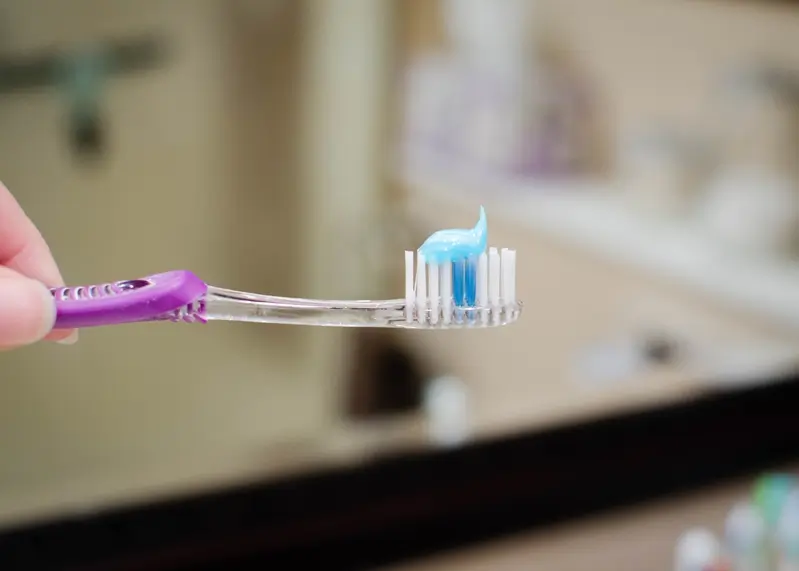When was the last time you stopped in to see your local hygienist or dentist for an annual checkup?
As you likely already know, you should receive professional teeth cleaning twice per year – at six-month intervals – to maintain a healthy smile and good oral hygiene. Unfortunately, far too many people don’t abide by this standard, whether due to family, work or other aspects of life that get in the way.
If it’s been awhile now, you may have forgotten what you should expect in the immediate and long-term aftermath of a visit.
The truth is, there’s no single answer to this question. In fact, much of what you may encounter in terms of symptoms is linked to how long it’s been since you last had your teeth cleaned by a dental professional. Some may not experience anything aside from the nice and smooth feeling of having your teeth freshly flossed, brushed, polished and rinsed. Other times, oral symptoms may be more acute.
Here are a few of the more common issues patients may encounter and whether or not they’re something to worry about:
Sore gums
Hygienists have lots of tools at their disposal to remove plaque and tartar that builds up on the front and undersides of your pearly whites, beyond brushes and floss and mouthwash. For example, scalers help remove deposits and particles that may form where your gums and teeth meet. In the process of removal, which involves gentle scraping, gums may bleed slightly depending on their sensitivity and how long it’s been since your last cleaning.
 Any discomfort you experience after a cleaning should be temporary and mild.
Any discomfort you experience after a cleaning should be temporary and mild.Later on once you’ve gone home, your gums may be sore. This is normal and nothing to be concerned about. How long the tenderness lasts can vary, but it’s usually no more than a week to a week and a half. Sore gums are one of the more common symptoms of deep cleanings, which is a more thorough process of bacterial removal to further reduce your risk of gingivitis and other oral health problems. Because root scaling and planning – the more technical term for deep cleans – involves work along the gum line, your gums may be sore later on. This sensation should go away on its own, but if it doesn’t, contact your dentist.
Gum redness
Your gums are naturally red, but after you’ve been in for a cleaning, they may appear redder than they do normally. Again, this is also an issue that may occur if you haven’t been to see the hygienist for awhile. This symptom is also not something to worry about.
Sensitive teeth
Some people have teeth that are just naturally sensitive, meaning that you may experience discomfort to foods that are especially hot or cold. This is also part of the reason why there are toothpastes specifically designed for individuals with sensitivity issues, or who have recently had their teeth professionally whitened.
Even if you normally don’t experience tooth sensitivity, you may later after you’ve seen the hygienist. Teeth are loaded with nerve endings. Over time, plaque forms on top of your teeth, even if you’re consistent in brushing and flossing two times per day. So when plaque is professionally removed, teeth that were once covered is once again exposed to the air and the temperature variations of food and beverages. It’s similar to what you may feel like when you’re covered in blankets in a cold room, and then take them all off. You’re bound to experience a difference.
The degree to which you encounter sensitivity can vary. This may depend on the natural condition of your teeth and how long it’s been since your last scheduled visit.
 If your teeth are naturally sensitive, there’s a toothpaste for that.
If your teeth are naturally sensitive, there’s a toothpaste for that.Sore jaw
The typical professional cleaning with a hygienist is usually between 30 minutes to an hour. The length of time it takes is also influenced by the degree to which your teeth require attention to get them looking great and to their natural lustre. That also may be affected by how many months or years since your last visit.
No matter how long it takes, though, a good portion of your visit is spent with your mouth wide open. This is naturally a bit uncomfortable and you may have to really open wide for the hygienist to effectively clean those back teeth.
Anything that you haven’t done in awhile – like go for a run after taking a week or two off – can lead to some level of soreness. The same is true for your jaw. Yet much like your muscles, your jaw is naturally resilient, and any pain that you experience should be both minimal and tolerable.
If not, you should definitely reach out to your dentist to explain your symptoms and how long you’ve had them. They’ll be able to provide you with a solution, which usually may be nothing more than taking some over-the-counter pain medication.
City Dentists specialises in making your visit as comfortable and simple as possible. If you haven’t met our dental hygienists, now is the time. Please schedule a visit today and experience the City Dentist difference.
